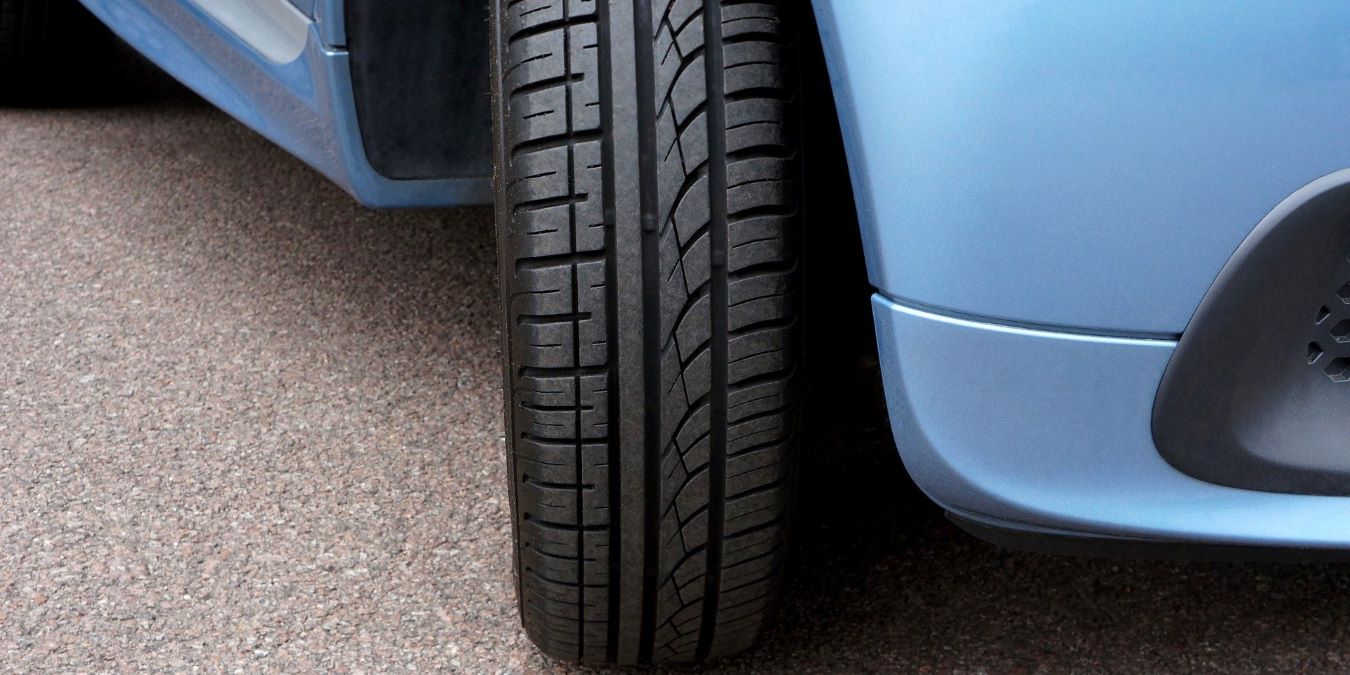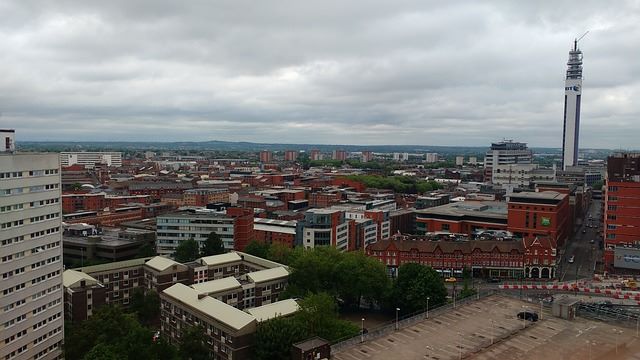
While we’re not zipping around in automated cars just yet, there are major developments being made to change that. Countries around the world are putting smart cars to the test by running them down real-world roads to see how they perform.
The UK is no different, as they’ve announced that they will test smart cars on 188 miles of road later this year.
How the Test Will Be Carried Out
The test will happen in an area called the West Midlands. As the name suggests, it’s the western part of the most central area of the UK.

The smart cars are being rolled out as part of the Midlands Future Mobility scheme. This scheme is backed by a lot of big names, such as the Warwick Manufacturing Group, Transport for West Midland, Vodafone, Coventry University, and Highways England, to name a few.
The route will stretch from the Univesity of Warwick all the way to central Birmingham. 95 percent of the route will take place on existing infrastructure, and extra sensors such as smart CCTV are being installed to better help the cars along their path.
Despite this being only a test, the organizers were confident that the smart cars were not a risk to real drivers. They claim the trial won’t endanger any cars on the road or any homes on the roadside. They also claim that the smart car will be as safe, if not safer than a manually-driven car.
Later this year, if the tests go well, the organizers hope to expand this route to 219 miles of road. This will include both rural routes and stretches of highway to see how smart cars cope on some of the more demanding routes.
The Slow But Steady Rollout of Smart Cars
This is not the first time we’ve seen businesses and organizations experiment with smart cars. All over the world, smart car manufacturers are teaming up with councils to arrange and carry out tests on the road.

This is all needed to both ensure the technology is safe and assure the public that smart cars are the future. After all, at the time of writing, around 75 percent of Americans don’t believe smart cars are ready for the roads right now. Almost 50 percent said they would never ride one at all!
As such, these tests are essential for building confidence. Councils need to be persuaded that smart cars are safe for their towns and cities, and the general public has to be reassured that their smart taxis won’t drive themselves into oncoming traffic.
As for whether these tests will successfully change people’s minds is yet to be seen. They may not change for a while, as we’ve yet to see a proper smart car rollout for human use. The current primary job of self-driving vehicles has been for non-organic delivery, such as medical transports.
As such, the smart car has a long way to go before it can be fully trusted with human life. Even when this is achieved, the public still needs to warm to them to the point where a business can make a profit from transporting people.
Putting Smart Cars to the Test
The UK has joined a handful of countries in allowing smart cars to drive on public roads. While the organization’s confidence behind their smart cars is reassuring, these cars cannot afford to fail. With so much public skepticism around them, a single accident could cause everyone to go cold on self-driving cars.
If you want to see how the rest of the world is fairing, be sure to read about Uber’s self-driving car plan in Washington DC.







